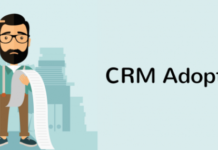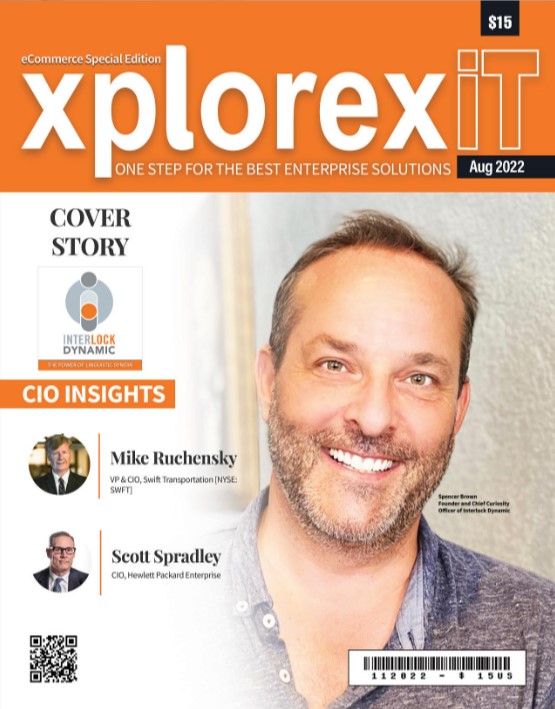
Is a cloud based ERP system right for you? There are many pros and cons to Cloud ERP, let’s talk about a few.
What is the Cloud? You’ve heard this buzzword many times when describing software. Simply put, the cloud means storing and accessing data over the internet. When an ERP system is hosted on the cloud, you are accessing your software through an internet browser or VPN, a virtual private network.
Benefits of Cloud
- Reduces IT Support services
- Low initial Costs
- Remote Access
One of the main benefits of Cloud ERP is the ability to have an IT team maintain your hardware server and update backups automatically. The backups, updates and maintenance are done by your provider rather than having to hire an internal IT team at your company. This can save money and time in the long run as you have a dedicated team that manages your system without you having to invest in an IT manager.
Another big positive is that a Cloud ERP system allows for low initial costs rather than a huge upfront investment that on-premise system may have. Many Cloud Based ERP systems offer a monthly subscription rate as opposed to a one-time fee. When considering ERP systems, the low-risk factor could be a deciding factor over a system that requires an upfront payment.
The main reason why a manufacturer may choose a cloud based system is to have the freedom to access their data anywhere. That sort of functionality is useful for companies with multiple facilities that need to have visibility on what is going on in the other shops. For example, one facility may handle the metal fabrication and another welding and assembly. Having the ability to access data anywhere can save time and allow the freedom to check on your inventory, your purchase orders, and your schedule from wherever you are.
Negatives of Cloud
- Security Issues
- Ownership
- Unforeseen Costs
- Internet connectivity
One large downside for Cloud ERP is that the provider has access to all your data. This can complicate security issues when working with high-level defense and aerospace contracts as they require a high level of clearance and privacy. Many aerospace and defense vendors have their ERP software “on-premise” meaning the system is physically hosted on a server somewhere in their facility. With the freedom of accessible data anywhere, comes the risk of putting your clients’ data at risk for potential security breaches. Although many cloud services offer high-end protection against any threats to your server, you still may need to consider if the benefits outweigh the risks especially if you work in the government and defense sector.
Another issue is that any Cloud based ERP company that licenses their ERP application dictates when releases are implemented and they are updated across the board whether a company wants to or not. This becomes an issue because it requires some preparation within the company to clean up data and prepare employees for the change. For the most part, if employees are comfortable with the current system, they don’t want to change it and when it is changed- there is slight down time as employees adjust to the changes.
Standard cloud based systems cost more over time. Most cloud based ERP’s are modular based and the more modules you add the more it costs to maintain. A low monthly subscription rate can quickly surpass the one-time investment of an on-premise ERP solution.
Lastly, Internet access. What happens if you lose internet connectivity? You’re dependent on your internet provider to be consistent so you can access the system at all times. Since an ERP software is essentially the backbone of the company, not much can be done without it running smoothly.
These are some important things to be thinking about when selecting whether your company should have a cloud ERP or not. It’s easy to get caught up in the idea that cloud is the future of technology or have a fear that a cloud software will be less user-friendly. The trick is to outweigh objectively the pros and cons of Cloud ERP solutions and see what would be the best fit for your company.
By Stacy Bui, Brand Marketing Associate, MIE Solutions




































